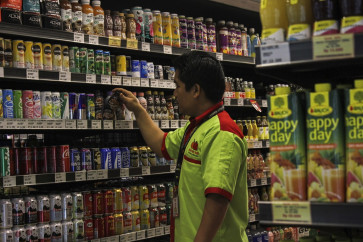Multinational corporations: Heroes or villains?
Change text size
Gift Premium Articles
to Anyone
 Batik prints color up Google logo in Google Indonesia headquarters in this file picture. (Kompas.com/Oik Yusuf)
Batik prints color up Google logo in Google Indonesia headquarters in this file picture. (Kompas.com/Oik Yusuf)
F
oreign direct investment (FDI) has been the primary driver of economic growth and globalization in the last few decades. The average annual growth rate of FDI has been more than 23 percent since 1986, double that of trade.
The most substantial portion of FDI is from multinational corporations (MNCs) through establishing wholly-owned subsidiaries (green-field investments), acquiring an existing firm in the host country (brown-field investments), or embarking on strategic alliances or joint ventures with local partners in the host country (cross-border alliance).
MNCs seek to expand their business to increase production efficiency and ultimately economies of scale through improving capital mobility, country specialization and costs reduction.
Provided that investment and international trade are inextricably interconnected, MNCs are essential players of increasing trade flows worldwide. The Organization for Economic Cooperation and Development (OECD) claimed that about 60 percent of world trade takes place within MNCs.
Likewise, the United Nations Conference on Trade and Development (UNCTAD) estimates 80 percent of global trade is linked to international production and value chain networks of MNCs, either as intragroup transactions, non equity transactions (e.g. contract manufacturing, licensing, franchising) or independent transactions.
Correspondingly, MNCs also contribute significantly to the host country’s (particularly developing countries) economic development by creating more than 75 million jobs and strengthening its domestic resource mobilization. UNCTAD estimates the contribution of MNCs to the government’s fiscal revenue in developing countries reached US$730 billion annually, or 10 percent of total government revenue. However, MNCs’ essential role in global economic development is under public scrutiny following media coverage on massive tax avoidance carried out by large MNCs such as Amazon, Apple, Google, Hewlett-Packard, Microsoft, Nike and Starbucks.
The tax avoidance schemes generally involve the creation of conduit-hybrid mismatch entities in low-tax jurisdictions and manipulations of transfer pricing in intragroup transactions with such entities.

















